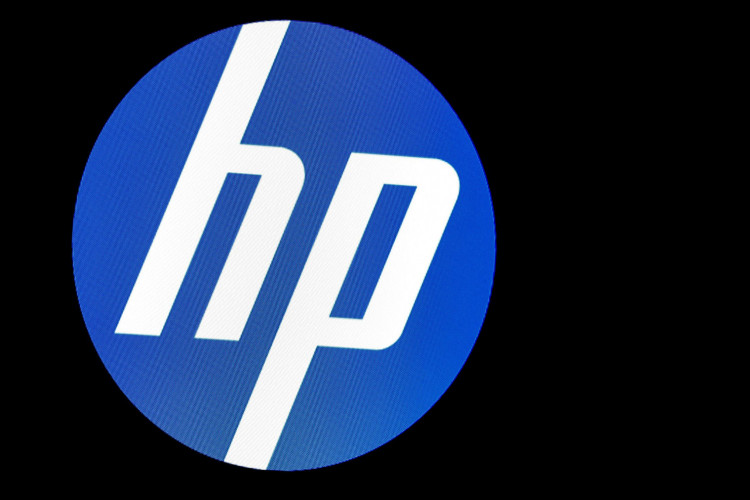HP Inc. announced a sweeping restructuring plan that will eliminate between 4,000 and 6,000 positions worldwide by the end of its 2028 fiscal year, marking one of the company's most significant workforce reductions in years as it accelerates investment in artificial intelligence. The initiative is designed to generate roughly £800 million-about $1 billion-in gross run-rate savings within three years, part of a broader pivot toward AI-driven operations and products.
The company revealed the plan in its latest earnings update, framing the cuts as a response to shifting market conditions and rising operating costs. Executives said HP intends to streamline product teams, consolidate internal platforms and integrate AI more deeply into customer support, product development and back-office functions. Industry analysts say the architecture of the restructuring places HP in line with other large tech firms that have embraced generative AI to automate workflows and reduce repetitive tasks.
While HP has not disclosed which departments will see the heaviest impact, technology sector reporting suggests that roles involving administrative work or manual processes could be the most vulnerable. Units within customer support, parts of product engineering and segments of operations are expected to face heightened exposure as the company deploys automation tools to replace functions previously handled by employees.
The shift also carries major near-term financial implications. Independent analyses of HP's restructuring plans indicate that the transition could include up to $650 million-approximately £494 million-in upfront charges. The company has not clarified how these costs will be distributed but has confirmed that the timeline for restructuring will stretch through fiscal 2028, signaling a multiyear overhaul rather than an immediate realignment.
The decision reinforces HP's view that large-scale AI integration will shape the next phase of personal computing. The company expects investments in AI-enabled PCs, intelligent support systems and automated internal processes to produce long-term productivity gains and give HP a competitive advantage as the industry shifts toward more adaptive devices.
For employees, however, the move introduces years of uncertainty. Thousands will spend the duration of the restructuring unsure whether their positions will survive the rollout of new AI systems. Analysts note that productivity enhancements enabled by automation often benefit shareholders first, while improvements to staff workloads or conditions come later, if at all.
Customers might also experience mixed outcomes during the transition. AI-enhanced devices and support systems could eventually create faster and more personalized service experiences, but service quality could vary in the near term as legacy processes are dismantled and new technologies are phased in across departments.






